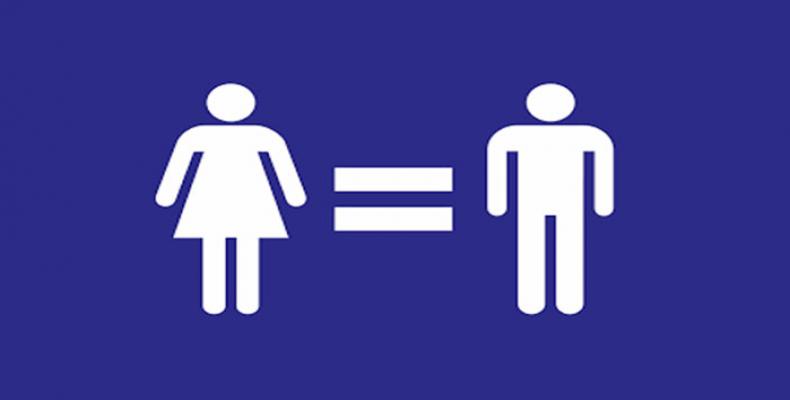Montevideo, October 29 (RHC)-- Development is not possible if women lack physical autonomy, according to a new report issued by the Economic Commission for Latin America and the Caribbean during the 13th Annual Session of the Regional Conference on Women in Latin America and the Caribbean that took place in Montevideo, Uruguay.
The report says that Latin American women still cannot fully exercise their right to health, the document said, nor they can decide freely on their reproductive and sexual lives, with many countries still restricting access to abortion.
High rates of maternal mortality, which is largely avoidable, is very detrimental to women's physical autonomy, while child and adolescent motherhood increases, “compromising the present and future well-being of many girls and young women.”
CEPAL also affirmed that women have a right to a life free of violence, deploring the number of femicides in the region, “which is, moreover, worsened by inadequate access to justice.” Every day at least 12 Latin American women die just for being a woman, with over 2,000 femicides reported in 2014.
Besides physical autonomy, wealth distribution is also key to guaranteeing women's autonomy. CEPAL recommended governments implement policies that properly address “women’s poverty, in terms of both money and time, achieve equal pay, end discrimination in the labor market and redress biased or inadequate social protection.”
The report says that at the root of economic gender inequality is unpaid domestic and home care work. CEPAL recommended that governments should guarantee women a minimum wage and a shorter work day, as well as access to and control over natural resources and production assets, especially in rural or Indigenous communities.
Almost 29 percent of women don't have their own source of income, while only 12.5 percent of men lack an income source. Twenty-six percent receive an income lower than the minimum wage as compared to 18.3 percent men. On average, women earn 83.9 percent of what men earn and the wage gap increases in economic sectors that involve a higher educational background. Women still largely contribute to the non-remunerated household work—between 71 and 86 percent, found the report.
The document states that despite their demographic weight and their contribution and role in society, women also lack visibility and participation not only in the political arena, but also in other decision-making spheres, such as the economy, either in businesses or trade unions, academia and knowledge management and the media.
Report Says Latin America Still Long Way to Achieve Gender Equality

Articles en relation
Commentaires
Laissez un commentaire
Tous les champs sont requis
En reproduction maintenant
Despertar con Cuba
Au suivant
- Cartas a la Redacción
- Cancionero Iberoamericano
- Cubanas
Plus de visites
- Le Venezuela et la Chine révisent leurs alliances en matière d'énergie et d'investissement
- Le président cubain Miguel Díaz-Canel a félicité aujourd'hui la danseuse étoile et directrice générale du Ballet National (BNC), Viengsay Valdés.
- Des centaines de militants étrangers accompagnent Cuba le 1er mai
- Équateur : Luisa Gonzalez réitère sa dénonciation des irrégularités électorales
- Cuba respire déjà le 1er mai

